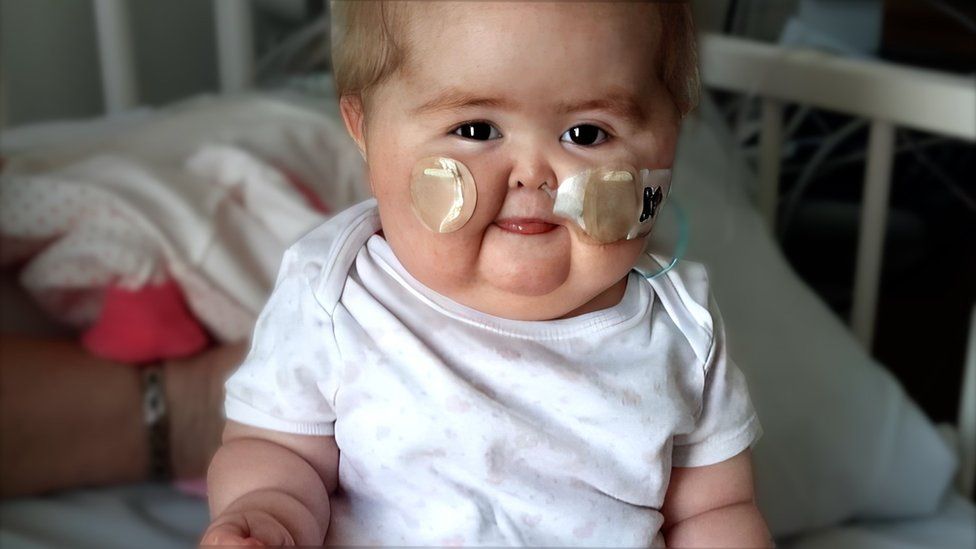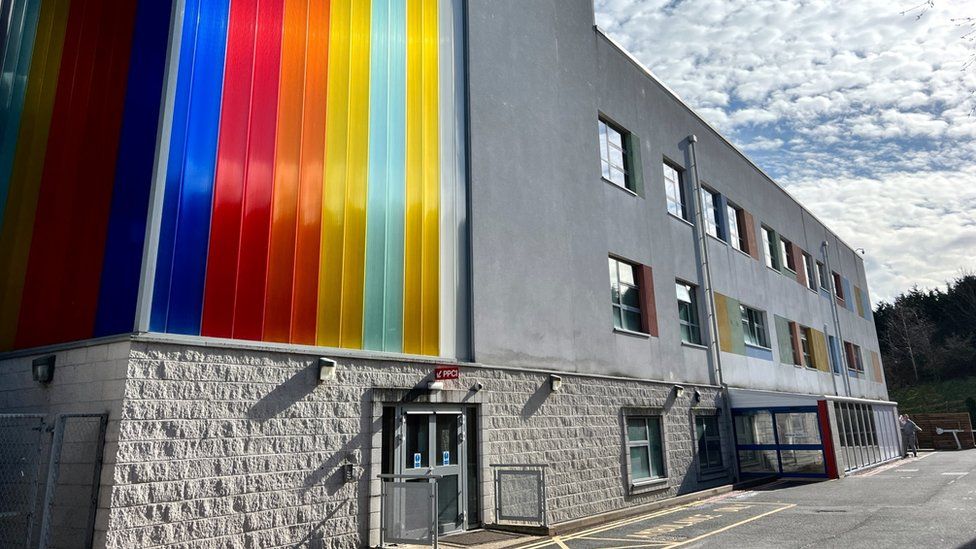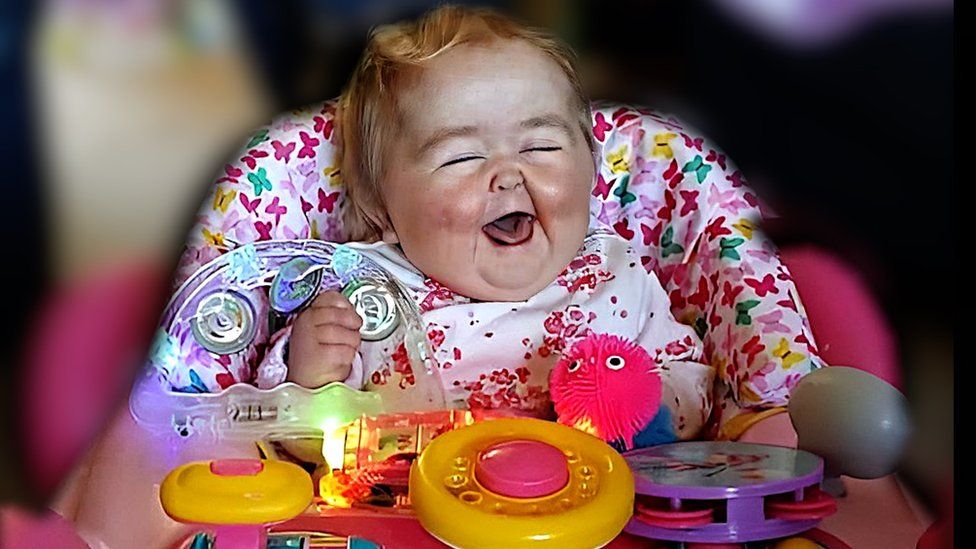News

Kettering hospital baby death was investigated by major crime team
Kettering hospital baby death was investigated by major crime team
In 2016, Kettering General Hospital (KGH) became the focus of a major criminal inquiry. Documents seen by the BBC reveal detectives looked for evidence of gross negligence manslaughter over the treatment of Jorgie Stanton-Watts, a vulnerable toddler.
Seven years of investigations followed, by the hospital, regulators and a coroner. This is the story of a family's struggle to hold people to account.
Jorgie died on Saturday 8 October 2016 from the results of dehydration and sepsis.
Her mother Nicola Stanton, 49, says she went home distraught, but on Monday morning was surprised to find the police at her door.
"They said 'If your daughter had died of dehydration while in your care, you'd be looking at a prison sentence and your other children would be removed.' We knew then something wasn't right."
From birth, Jorgie was in and out of hospital with a pituitary gland problem that affected her development and made her face puffy.
Her grandmother, Zena Stanton, 72, shows a video of her wriggling happily on a play mat and listening to her favourite song, Maggie May.
"Jorgie was known as 'Sunshine' - she was always happy-go-lucky, but for those few days at KGH, she was in agony," she says.
"She wouldn't even let us pick her up for a cuddle."
Since Jorgie's death, a BBC investigation has heard from more than 50 parents with serious concerns about the treatment of their children, many of whom died or suffered injury.
The Northamptonshire hospital has also been inspected regularly.
In April the Care Quality Commission (CQC) downgraded the hospital's children's services to inadequate, the lowest possible rating.
Jorgie was admitted to KGH on 29 September 2016 with a cold.
Soon afterwards, she developed an infection and was moved to Skylark Ward, a 26-bed children's unit.
Then things began to go wrong.
Unable to produce the stress hormone cortisol, Jorgie needed a higher dose of hydrocortisone if she was poorly.
An 'inexplicable' decision
However, on 2 October her consultant, Dr Pratibha Rao, reduced her dosage by switching from intravenous to oral medication.
This decision was "inexplicable", according to Dr Richard Stanhope, a paediatric endocrinologist who gave evidence at Jorgie's inquest.
He concluded it "almost certainly" led to severe dehydration.
But staff failed to notice. Jorgie's nappies were not weighed, as they should have been, and other warning signs ignored.
"It was a complete lack of care," Nicola says.
"Jorgie was well known on the ward so the way she was treated hurt us even more.
"One of the nurses even took a monitor off me because it was constantly beeping and doing their heads in."
On 5 October, the day Jorgie collapsed, no observations had been carried out and almost nothing written in the nursing notes.
It fell to a lab worker to raise the alarm after receiving the results of a delayed blood test and Jorgie was urgently collected by a team at Leicester Royal Infirmary (LRI).
But her condition was irreversible.
She died on 8 October, two weeks before her second birthday.
"We watched her die in the most awful way - we were asking constantly for fluids but they ignored us," says Zena, now in tears.
They were not the only ones with misgivings.
Someone at LRI had called Northamptonshire Police, and within hours the case was assigned to its major crime team, part of the East Midlands Special Operations Unit.
Numb with grief, Nicola was driven to a police station.
"It was all a blur. My interview lasted about six or seven hours," she says.
"Mum went off the following day and then my sister and then Stephen, Jorgie's father, a day later."
The funeral was delayed. Jorgie's brain was removed for testing and later transported to London for a second post-mortem examination.





